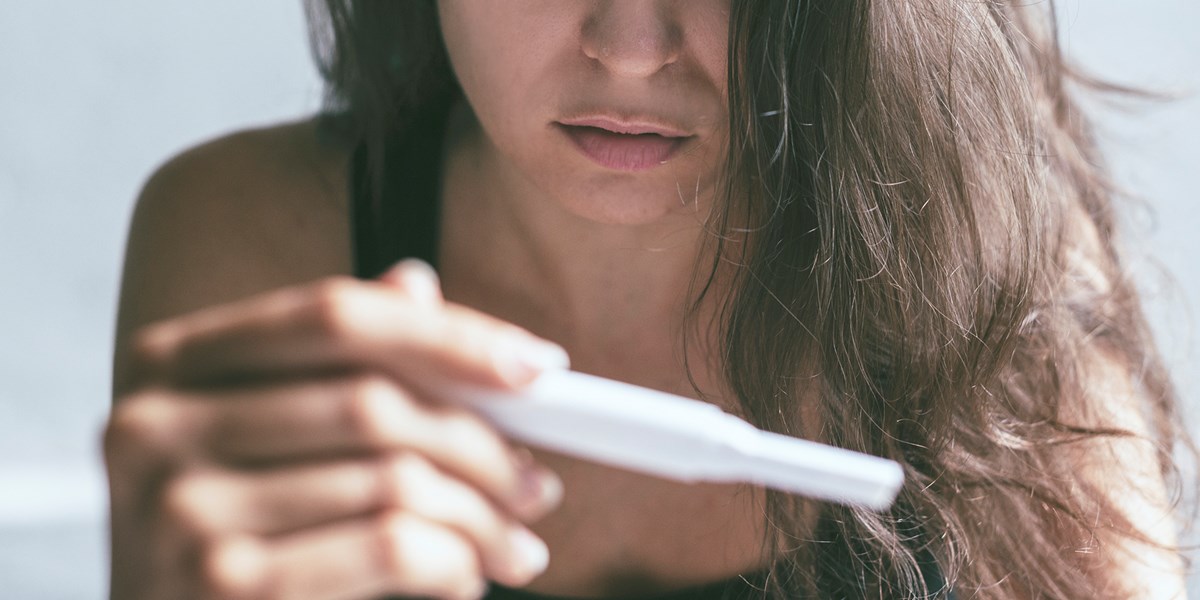Over 40, High FSH and Infertile: What to Do?

By David Kreiner, MD
You have that dreaded infertility diagnosis, “Over 40 With High FSH Levels.” And there’s no cure or magic herb that will turn back the hands of time. You’re desperate so you are willing to try it all anyway, including acupuncture and some internet recommendations such as DHEA (dehydroepiendosterone).
You hear that you can lower your FSH with DHEA or estrogen. The fact is, however, elevated FSH levels do not cause a problem with conceiving. They are merely a marker of diminishing ovarian reserve, a depletion of ovarian follicles and eggs that, combined with increasing age, means you have very few genetically normal eggs available in your ovaries to achieve a healthy child.
Reproductive endocrinologists typically counsel “Over 40 With High FSH Levels” patients that their chance of successfully achieving a live birth using their own eggs is small and that by using a donated egg from a young, fertile woman they can increase their odds of giving birth to greater than 70 percent per donation. Unfortunately, this comes as a shocking disappointment to most women. It’s often a reason for them to drop out of a doctor’s practice or even quit trying to conceive.
So what do you do when faced with this situation? Your answer needs to be individualized, based on your emotional and financial resources, your motivation and your comfort with using a donated egg.
At our clinic, we try to come up with a strategy with our patients that includes counseling to begin the discussion about donor eggs, as opposed to trying with less chance for successful outcome using a patient’s own eggs, or stopping therapy completely and adopting or living child-free.
Perhaps you will choose a low tech option such as insemination with or without hormonal therapy. Sometimes, the plan will be to blast ahead with the big guns using IVF with full stimulation or with less medication and cost using MicroIVF or Minimal Stimulation IVF. Some patients respond better to different stimulations such as sensitizing with estrace or even DHEA prior to stimulation, using a lupron flare or even using clomid in combination with gonadotropins. Unfortunately, it is hard to predict what will be the optimal stimulation for you until we give it a shot.
The bottom line? There’s no right or wrong choice for you. Remember, a family can look many different ways and still be a healthy, loving unit. Your physician, nurses and counselors are available to assist you and support you with whatever decision you make.
